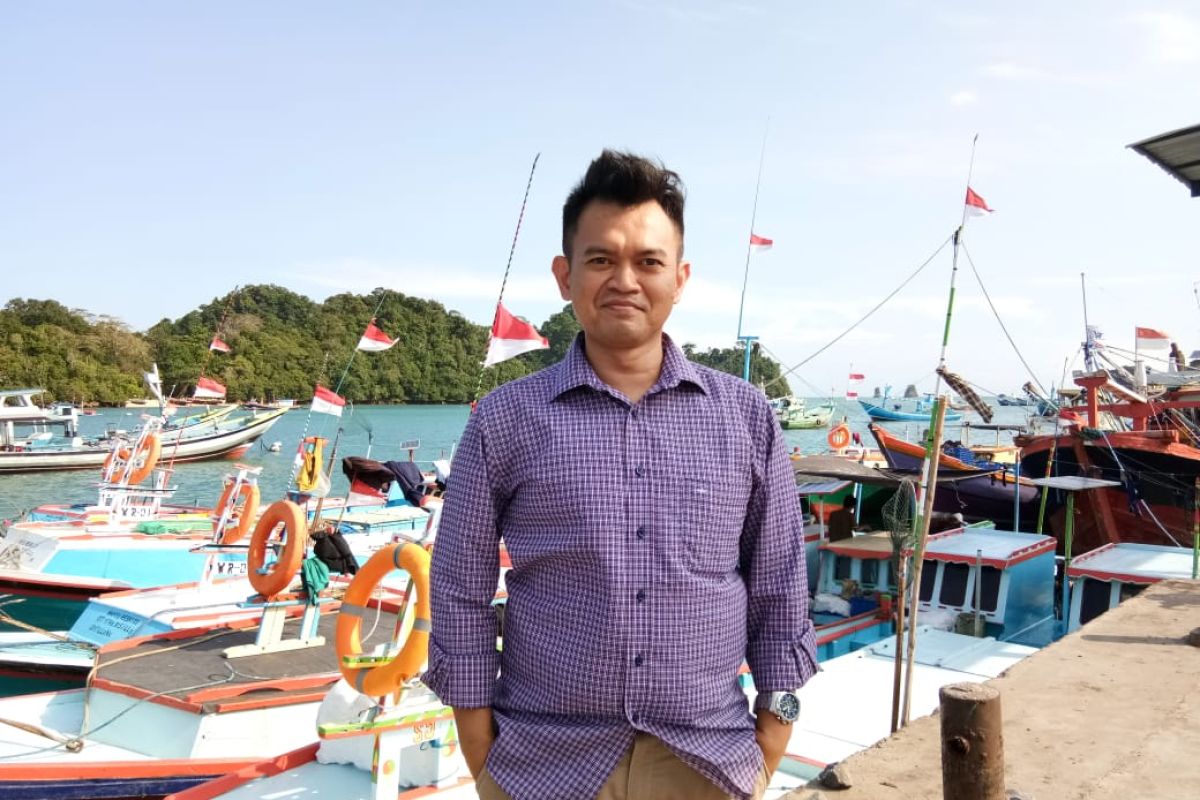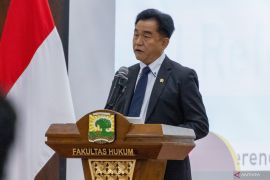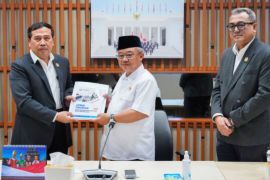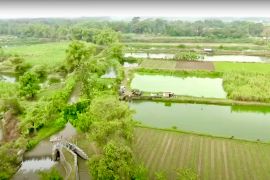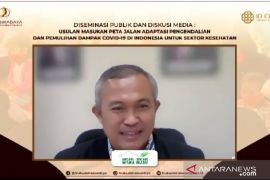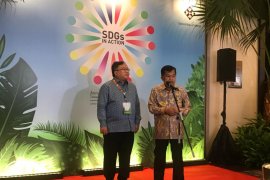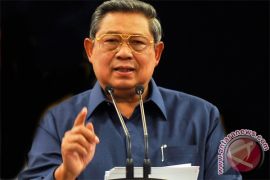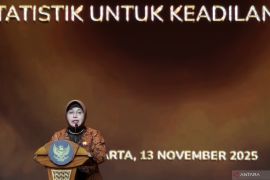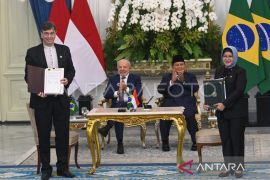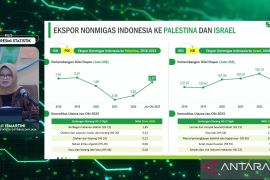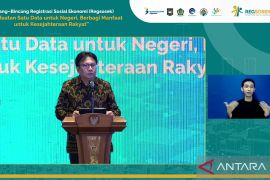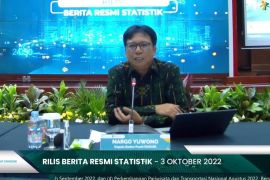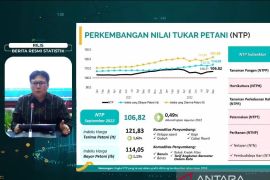The development and productivity of vital crops, such as rice and corn, which tend to stagnate in recent years can be solved by spurring productivity outside Java Island.Jakarta (ANTARA) - The 76th anniversary of the independence of Indonesia, which is still reeling from the pandemic, should also be remembered as a momentum to address inequality in the country, an expert stated.
"The inequality is still evident on the occasion of the 76th anniversary of Indonesian independence," Abdul Halim, the executive director of the Center for Maritime Studies for Humanity, noted here on Tuesday.
Halim remarked that Indonesia's current economic condition still appears vulnerable, gauged from the dependency on several factors, such as debt and foreign investment.
He argued that due to the massive conversion of agricultural land, the lower middle-class society found it difficult to afford food on account of the domestic prices.
Speaking in connection with the food sector, Center for Indonesian Policy Studies (CIPS) researcher Indra Setiawan emphasized the importance of addressing disparity in food productivity across regions in order to improve the country's food security.
"The development and productivity of vital crops, such as rice and corn, which tend to stagnate in recent years, can be solved by spurring productivity outside Java Island," Setiawan noted.
Data from Statistics Indonesia (BPS) shows that rice production in Java is 23 percent higher than that produced outside it. In addition, the average productivity of rice farmers outside Java only reached 45.78 quintals of dried milled grains per hectare, lower than the productivity of rice farmers in Java reaching 56.42 quintals of dried milled grains per hectare, he quoted.
Consequently, he noted that although rice harvest lands outside Java were about 50 percent of the national rice harvest lands, reaching 10.68 million hectares in 2019, the farmers' contribution outside Java to the national rice production was only 44 percent.
"The potential for increased productivity outside Java can be boosted through quality fertilizers, seeds, agricultural mechanization, and better access and improvement of irrigation networks," he expounded.
However, climate change and inequality will continue to pose challenges to Indonesia in 2045, Coordinating Minister for Economic Affairs Airlangga Hartarto proclaimed here earlier.
Hartarto attributed inequality to the groups of society that did not have access to technological developments.
"Inequality in the health and education sectors caused by the inability to adjust to rapid technological developments plays a role in increasing inequality between community groups," he pointed out.
At least three main steps were proposed by Hartarto to tackle various problems and challenges in 2045: human development and mastery of technology, sustainable and inclusive economic development, and strengthening social resilience and national values.
Related news: President Jokowi pays tribute to fallen heroes at Kalibata cemetery
Related news: COVID-19 pandemic raises inequality, hinders poverty alleviation: WB
Related news: Ministry says four dams, weir gifts for Indonesia on Independence Day
Translator: M Rahman, Kenzu T
Editor: Sri Haryati
Copyright © ANTARA 2021
